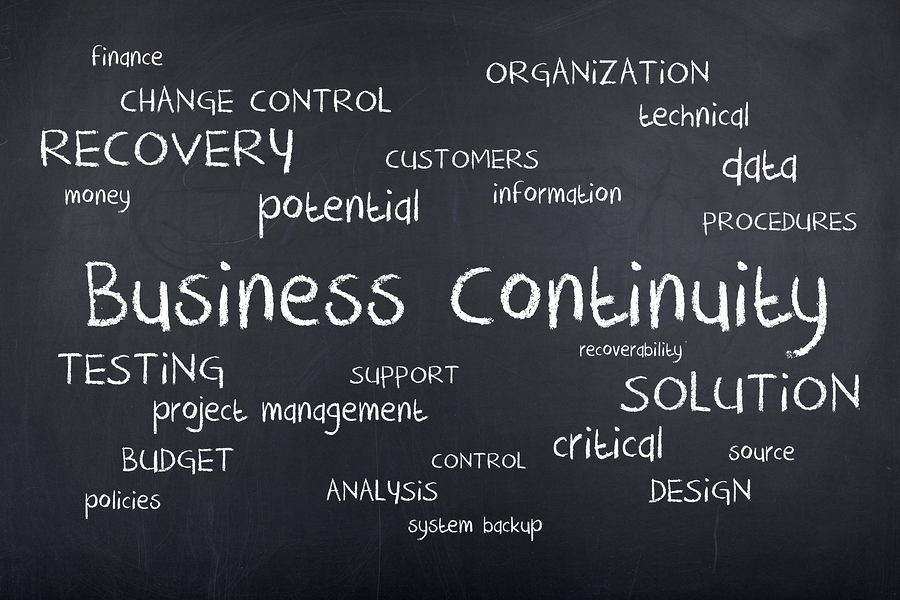The key to a well prepared and well structured job interview is to have a clear view of the skills, knowledge and ability demanded by the job. You then need to use the interview to gather evidence to demonstrate whether the candidates meet these requirements. Please prepare well for the job interview, using this small business checklist as a prompt.
- Re-read the advert, job and person specification.
- If you are not seeing all the candidates, ensure that your short listing decisions are based only on the requirement of the job.
- If you are not seeing all the candidates, sift according to criteria that is tangible from a CV i.e. headcount managed previously; operational background; achievements etc. Don’t second guess what a candidate may or may not be like or may or not have done just because it’s not on their CV. 67% of candidates omit crucial.
- Ensure that you have prepared some standard questions. If you wish to ask additional questions, ensure that they are based on the person specification requirements for the job. These questions should be asked of all candidates to enable you to determine the best match against the job requirement.
- Re-read all the application forms, and highlight any points which you want individual candidates to clarify (e.g. further information on qualifications or experience).
- Arrange a suitable job interview room and make sure that you have diverted any calls and interruptions.
- Remember that the application forms are confidential documents and should only be circulated to those people involved in the recruitment process.
- Once you have conducted the job interview, mark your decision on whether to employ. Ensure that this is based on factual information and not gut feeling. If you have decided to reject the candidate mark your reason where indicated on the back of the form.
Welcome The Job Interview Plan
- Introduce yourself and any other interviewers
- Put the candidate at ease
- Explain the purpose of the interview
- Outline the way the interview will be structured
- Explain you will be taking notes
Ask
- Information about the candidate that is related to the job
- Use the criteria on the person specification
- Identify points from the application form that need querying
- Prepare questions in advance
- Use open questions – move from easy to more searching ones
- Listen and probe
- Find out what the candidate expects from the job
- Explore the candidate’s motivations. Are these more to do with rewards (such as money or status) or with job satisfaction?
Supply
- Information related to the job. Summarise the main points of the job, department and company.
- Remember the interviewer should only do 20-30% of the talking
Notes
- Note down key points and remember that candidates are able to ask for copies of all interview notes
Wrapping up
- Ensure there is enough time for the candidate’s questions and respond fully and positively
- Inform candidates when they can expect to hear from you
And finally, restrict your role to
- Asking questions
- Clarifying queries
- Keeping the conversation flowing
- Providing information
- Reassuring the candidates
After the job interview
- Assess the candidates by using interview notes, personal specification, test results and candidate comparison forms
- Inform all candidates of the outcome of their interview.






